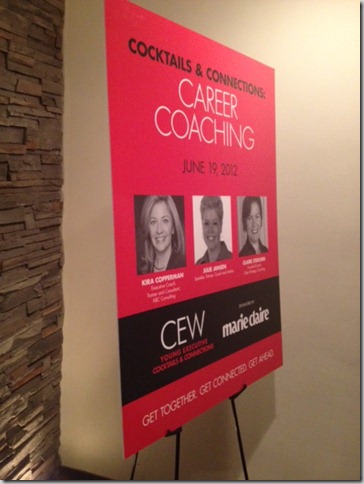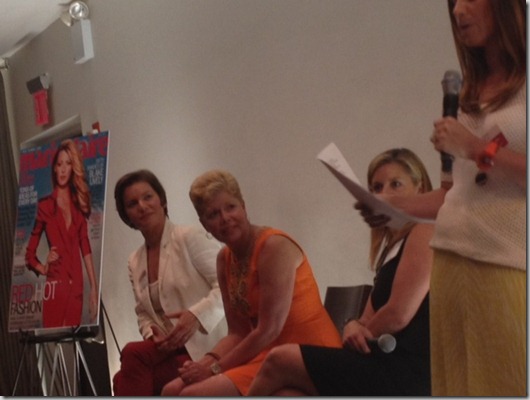Hi! I’m Andrea from theMFdre.
If you aren’t familiar with me or my blog, I’m a Wild Child Creator, Obsessive Runner & Fitness Freak.
Movement Fuels Me, Life Inspires Me and Passion Defines Me.
So I use the “Dre” to chronicle the milestones, the miles {and the journeys in between}, the zany, the inspired, the funny and the colorful.
***
When you’re an obsessive runner and fitness freak training for marathons, the word Moderation somehow has still always meant do something every day in my head. And somehow I am able to justify a rest day as only running the homies 2 miles. Makes sense, right???
try.again
Two failed sub-4 marathon attempts and I’m finally wising up to my no-rest bad habit.
I trained for Los Angeles and Boston marathons by running all.the.time – like 6-7 days a week – and I LOVED it. I loved the thrill of getting out there and training to be stronger, run longer, and was pretty much obsessed with the idea of being — a hard-core runner. During my training I had a few speedy days, but for the most part, my pace didn’t improve much — if at all, over the course of 18 weeks. Yet I built up a solid — but not totally bonk-proof — 26.2 mile endurance level.
In LA I bonked at Mile 18 –over trained and tired legs, fueling and digestion issues, adrenaline crash. That.Kind.Of.Awesome.
{Pretend you’re not bonking as friend takes millions of photos, then tell her you are dying and hope that a hug will miraculously make you feel better, all the while make sure you keep smiling – pictures tell better stories than reality}
In Boston – I won’t call it a true bonk – the weather bonked my sub-4 goal, no biggie, I finished smiling.
{semi-bonking and smiling up heartbreak – blame it on the heat and OK, very tired legs too}
As I’ve re-evaluated what worked and what didn’t in those training plans, I recognize that I still have a lot to learn about Marathons and that for me, running more does not equal running stronger, or better or faster. It actually leads me to mediocrity {which I totally hate} and not meeting my goals {which I hate even more}.
Insert need for MODERATION.
I’m currently running the lowest weekly mileage I’ve run in months based on my new Less is More training plan [my Google doc here] as I get ready for Chicago Marathon this October.
Inside my head is screaming whaaaaaat? what is wrong with you? I realize by sharing my training plan I’ve just become completely and totally accountable to all of you who now will follow me. So each day I will talk myself off the running obsession ledge and re-focus on maximizing each minute of every mile to accomplish more. I’m committed to 4 runs a week, max, and I’ll be filling in my obsession gaps with yoga, stretching and some light strength work.
I’m finally wising up to the idea that MODERATION i.e. rest, is just as important a part of my marathon training as running — and with the proper rest, I can run faster.
How’s it working??? I’m two weeks in – last Tuesday I ran 3 miles in 22:27 – a 7:29 pace. Wednesday I ran 5 hilly miles with an average 8:16 pace and Sunday I ran 9 LSD miles at an easy pace of 8:51 (I’ll admit I had a pretty crappy run Friday morning, but I can also blame that on the cocktails the night before). Yet, ALL of those times are 10s of seconds faster than the majority of the times I was putting up while training for LA and Boston.
Surprise…by resting and running on fresh legs, I’m able to push my pace, running stronger and faster.
I think I’m digging this MODERATION thing.
I hope you’ll stay in touch and join my adventures over at theMFDre
Let me know if you’ll be in Chicago for the marathon – I’m planning a blogger meet up!
{MF Dre}








.jpg)

